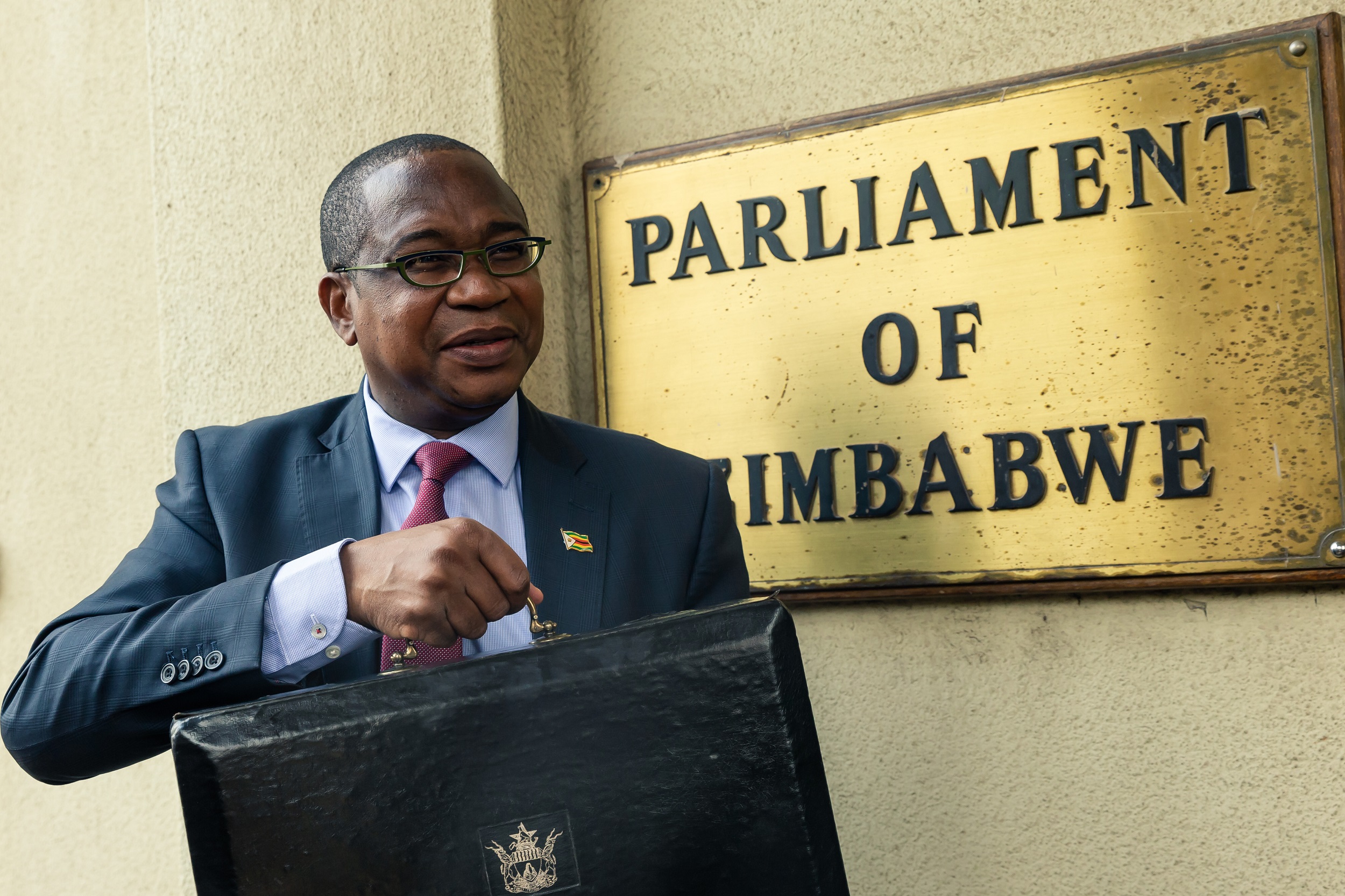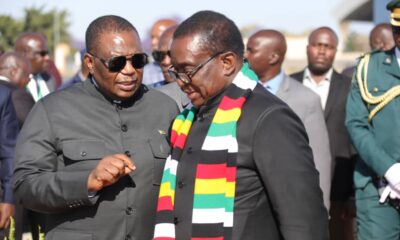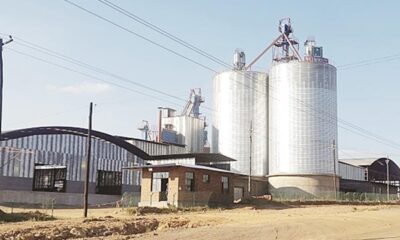WHILE Finance minister Mthuli Ncube yesterday during his ZW$421.6 billion 2021 budget presentation painted a somewhat rosy economic outlook, trumpeting a string of budget surpluses and other benefits of fiscal consolidation, including exchange rate and price stability, Zimbabweans are inexorably sinking deeper into poverty.
BERNARD MPOFU
Ncube said while the economy will contract by -4.1% by year-end, it will rebound with a growth of 7.4% before stabilising at an annual growth rate of 5% thereafter, trying to give hope and confidence to the economy and people.
However, a new study by the country’s statistical agency Zimstats and the World Bank shows most Zimbabweans have sunk deeper into poverty in recent years as the economy plateaued in protracted crisis.
Zimbabwe is battling dropping production and low aggregate demand, high unemployment, poor social service delivery, including power outages and water shortages and health problems, among other things.
But yesterday, Ncube said claimed Zimbabweans had expressed renewed hope on government’s plans to turn around the floundering economy.
“Going around the country, meeting with all groups of people, I came up with the following observations. Out there, confidence is improving and the Budget is committed to cement that hope by addressing various expectations,” Ncube told parliament.
“These expectations evolve around provision of basic services such as water, housing, food, health, education of children, among other issues. The young at colleges and those leaving colleges look forward to find and keep the jobs. In fact, people of all backgrounds want to be assured that, through the Budget, we are doing all we can to make sure that promises become a reality.”
The minister’s positive narrative continued when he said due to fiscal consolidation and a tighter monetary policy, exchange rate and price stability was now achievable.
He said a three-pronged strategy focusing on exchange rate stability, financial services soundness and money supply management would deliver some economic gains. Inflation has declined from 659% in September to 471% in October annually.
“In the outlook, annual inflation is expected to drastically slow down to an average of below 135% in 2021, while average month-on-month inflation is expected to be below 1%,” Ncube said.
However, the Zimbabwe Poverty Update (2017-19), a joint report compiled by Zimstats and the World Bank, shows more people have been thrown into the deep throes of poverty.
The number of extremely poor people rose from 4.5 million in 2017 to six million during April–May 2019, but the number of poor people measured by the lower-bound poverty line rose from 8.0 million to 8.9 million during the same period.
“Extreme poverty rose from 30% in 2017 to 38% in April–May 2019, and general poverty (measured by the lower bound poverty line) rose from 43% to 51% during the same period,” the report says.
“Although extreme poverty increased in both urban and rural areas, in relative terms, extreme poverty rose more in urban areas. In absolute terms, rural extreme poverty remained much higher than urban extreme poverty. The general poverty rate based on the lower bound poverty line remained high. It changed marginally for the rural population, but in urban areas it rose sharply, from 16% to 24% during the same period.”
Just recently Ncube gloated over the country’s economic blueprint, the Transitional Stabilisation Programme (2018-20) despite missing key benchmarks as he introduced the National Development Strategy I.
The TSP was aimed at stabilising the economy, attracting investment, re-integrating the country into the global economy and laying a foundation for sustained growth.
Ncube also claimed there was a serious reform agenda underway.
Right at the top of his budget statement, he had a summary of progress on reforms which covered enhanced revenue collection, fiscal and monetary policy, fiscal balance and expenditure containment.
Ncube also cited the repealing of the Access to Information Protection of Privacy Act and the Public Order Security Act; the compensation of evicted white former commercial farmers and the proposed changes to the citizenship laws to pave way for the granting of dual citizenship to people born in Zimbabwe as some of the institutional and political reforms government has adopted in its bid to reform and reengage the international community.
On the economic front, the minister pointed out fiscal consolidation which has helped reduce the monetary financing of the deficit, improving the ease of doing business and the removal of fuel subsidy as some of the key milestones.
However, after concluding Article IV consultations with Zimbabwe in February, the International Monetary Fund (IMF) expressed concern over Zimbabwe’s reform agenda.
“The government that came to office following the 2018 elections adopted an agenda focused on macro-stabilisation and reforms. This was supported by a Staff Monitored Program from the IMF, adopted in May 2019, but is now off-track as policy implementation has been mixed,” the IMF said.
“Reengagement with the international community continues to face delays. The Zimbabwean government has yet to define the modalities and financing to clear arrears to the World Bank and other multilateral institutions, and to undertake reforms that would facilitate resolution of arrears with bilateral creditors. This continues to constrain Zimbabwe’s access to external official support.”
Ncube said Zimbabwe remains committed to rebuilding political and economic reforms through engagement and re-engagement with the international community.





















